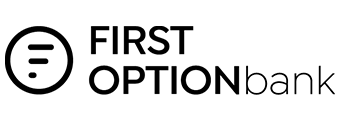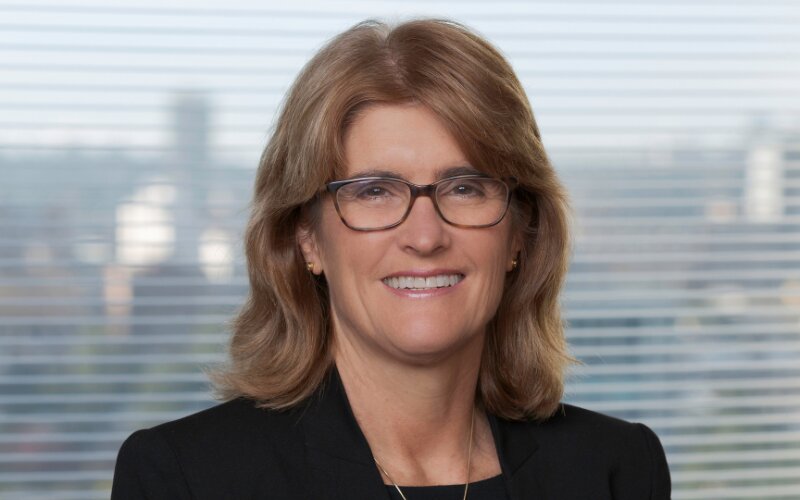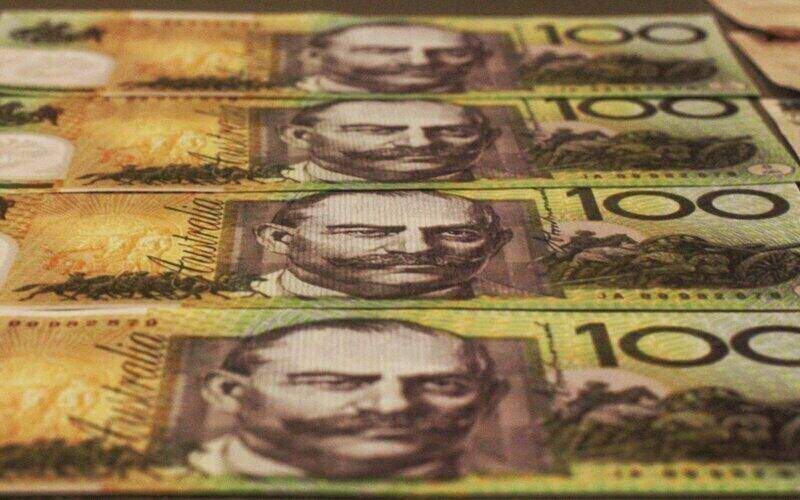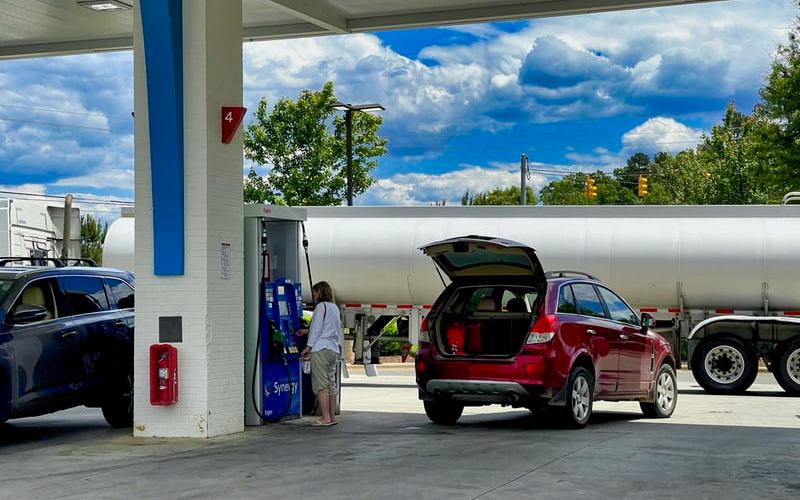In a broad speech Tuesday outlining monetary policy and inflationary expectations, Reserve Bank Governor Dr Philip Lowe highlighted further rate increases were imminent with inflation not returning to the RBA's target band of 2-3% for a number of years.
ABS data for the March quarter saw inflation reach an annual figure of 5.1%, the highest since 2001, yet Dr Lowe expects that figure to continue to climb to reach a mark closer to 7% by year's end.
"During the pandemic, supply chains were interrupted around the world, delivery times were pushed out and firms' costs of production rose. On top of this, Russia's invasion of Ukraine has caused major disruptions to the global markets for energy and food," Dr Lowe said.
"When major events like these occur, it simply isn't possible to insulate ourselves here in Australia from their effects as we live in an interconnected world and big shocks in global markets affect our domestic markets and the prices that we pay."
Closer to home, Dr Lowe outlined that while these global influences were significant, they do not provide the full picture for higher inflation in Australia.
"Following the strong recovery from the pandemic, growth in domestic spending is now testing the ability of the economy to meet the demand for goods and services," he said.
AMP Chief Economist Shane Oliver said the RBA continues to be upbeat on consumer spending, however weak consumer confidence figures and cost of living pressures challenge this sentiment.
Data on consumer confidence released last week by Westpac-Melbourne Institute, revealed the confidence of Australian consumers in June reached a low only seen during COVID-19, the Global Financial Crisis and prior recessions.
Despite lacking confidence, consumers appear to be adequately equipped to face future interest rate rises, having amassed more than $200 billion in additional savings buffers over the course of the past two years.
Data released earlier in the year from the Australian Prudential Regulation Authority (APRA) detailed Aussies funneled $50 billion into offset accounts alone since 2020, resulting in the average household being up to 52 months ahead on mortgage repayments.
"Household balance sheets are generally in good shape, having accumulated more than $200 billion in additional savings during the pandemic," Dr Lowe said.
"Furthermore, the current rate of saving out of income remains materially higher than it was before the pandemic, so there is a degree of flexibility in many household budgets."
The average owner occupier borrower on a variable-rate mortgage is also 21 months ahead on repayments.
Odds on cash rate lifting by 50 basis points in July
Dr Lowe notes as we chart our way back to 2-3% inflation, there is no pre-determined set path that determines interest rate increases however Australians should be preparing for more to come.
"The level of interest rates is still very low for an economy with low unemployment and that is experiencing high inflation," he said.
"How fast we increase interest rates, and how far we need to go, will be guided by the incoming data and the Board's assessment of the outlook for inflation and the labour market.
"As we make that assessment each month, the Board will be paying close attention to developments in the global economy, the evolution of labour costs and how household spending is responding to higher interest rates."
Westpac Chief Economist Bill Evans said if the RBA Board decides to raise the cash by a further 50 basis points in July, the cash rate will still be only 1.35% and still in the stimulatory zone making the 50 basis point increase in July a relatively straightforward decision.
"Our view is 50 in July, 25 in August, pauses in September/October, 25s in November, December and February before reaching a peak terminal of 2.35%," Mr Evans said.
Advertisement
Need somewhere to store cash and earn interest? The table below features savings accounts with some of the highest interest rates on the market.

- Bonus variable rate for the first 4 months on balances up to $250k and high variable ongoing rates.
- No fees and no monthly requirements to earn interest.
- Easily open an account online in 3 minutes.
Image by Polina Kuzovkova via Unsplash








 Denise Raward
Denise Raward
 Harry O'Sullivan
Harry O'Sullivan

 Hanan Dervisevic
Hanan Dervisevic


